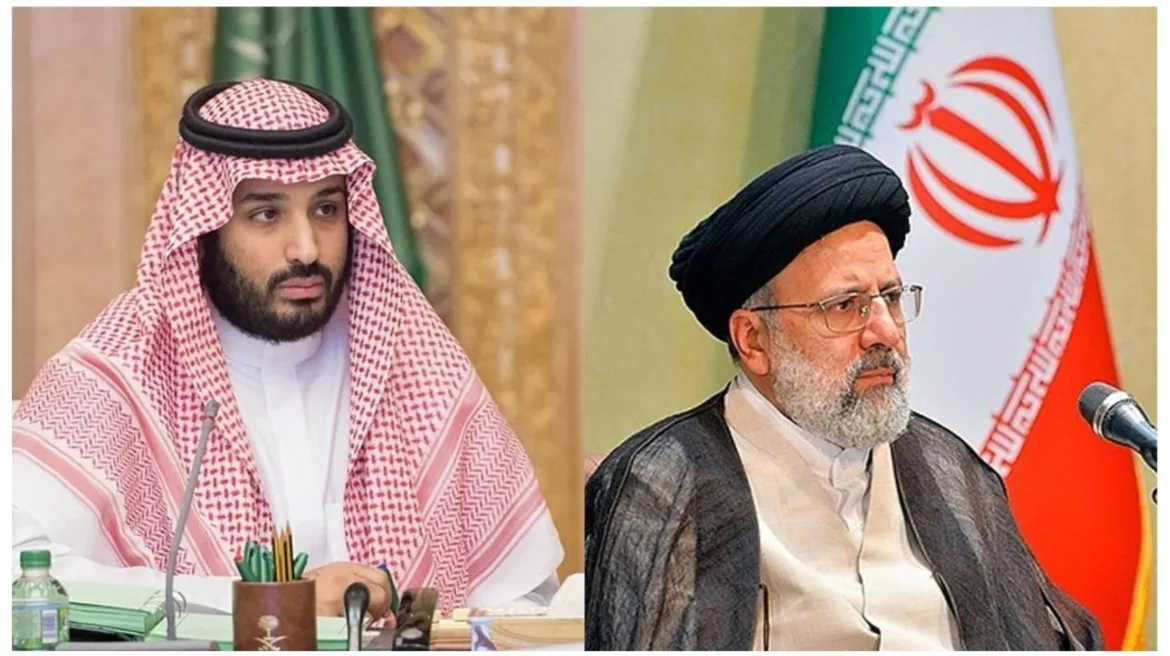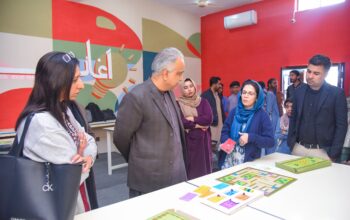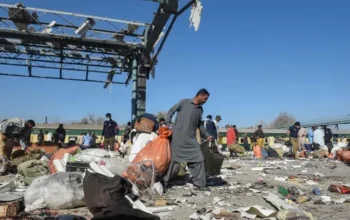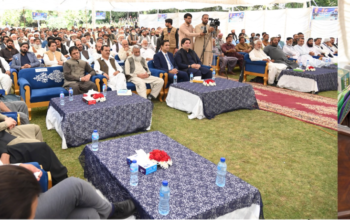DUBAI, March 10- Iran and Saudi Arabia have finally agreed to re-establish diplomatic relations after talks in Beijing between officials from the two rival Middle East powers, Iranian state media reported today Friday.
“As a result of the talks, Iran and Saudi Arabia agreed to resume diplomatic relations and re-open embassies…within two months,” Iranian news agency IRNA reported.
Iran’s top security official, Ali Shamkhani, who signed the agreement with Saudi Arabia’s national security adviser, Musaed bin Mohammed Al-Aiban, praised China for its role in the rapprochement, Iran’s Nour News reported. Both Saudi Arabia and Iran thanked Iraq and Oman for hosting talks in 2021 and 2022.
Saudi Arabia cut ties with Iran in January 2016 after protesters attacked the Saudi embassy in Tehran following Riyadh’s execution of the Shia leader Nimr al-Nimr.
Iran and Saudi Arabia back opposing sides in several conflicts in the Middle East region, including in Syria and Yemen, where Tehran has supported the Houthi rebels.
Iran wields influence in political life in Lebanon and Iraq, where it also supports armed groups.
Iranian media quoted what they described as a joint statement between Iran, Saudi Arabia and China as saying the two countries “emphasise respect for sovereignty and non-interference in each other’s internal affairs”.
On 13, January 2023, Iranian foreign minister Hossein Amir-Abdollahian had expressed hope that diplomatic ties between Tehran and Riyadh could be restored through dialogue between the two regional rivals.
Earlier in August 23, 2022, Iran had resumed Diplomatic ties with Kuwait and UAE.
History of diplomatic ties between Iran and Saudi Arabia
On 24 August 1929, Iran and Saudi Arabia signed the Friendship Treaty, which involved mutual recognition and the establishment of full diplomatic relations.
From the early 1950s to late 1970s, the countries concluded other treaties, such as the Commercial Agreement (1953), Agreement over the Islands of al-‘Arabiya and Farsi (1969) or Agreement to Partition Neutral Zone (1978). In sharp contrast to present realities, their foreign policy also converged with regards to Egypt, Yemen, Abu Dhabi, Jordan, Lebanon, Oman and Iraq. What began in 1991 as renewed Saudi-Iranian detente extended into another much longer pacifying period that lasted for 17–18 years. The two states signed the Cooperation Agreement (1998), Security Accord (2001) and held Strategic Talks (2006–2007).
However, in recent times and in some earlier occasions, the Saudi–Iranian relationship has been characterised by opposition on major regional issues. For example, Riyadh backed Saddam Hussein in the bloody Iraq–Iran war from 1980 to 1988. Both sides were also protagonists in the costly “Tanker War” from 1984 to 1988. In February 2008, after a long friendly phase, King Abdullah delivered a strong warning indicating that Riyadh would suspend its relations with Tehran. Since then, their rivalry has gradually evolved into the most enduring security challenge in the Middle East and Persian Gulf region. In particular, the Arab Spring in Bahrain, Syria, and Yemen, and subsequent civil wars in Syria (2011–2019) and Yemen (2015–2019) created new battlegrounds. The unprecedented attacks on Saudi oil facilities in September 2019, which affected global energy markets, have been blamed on Iran.





